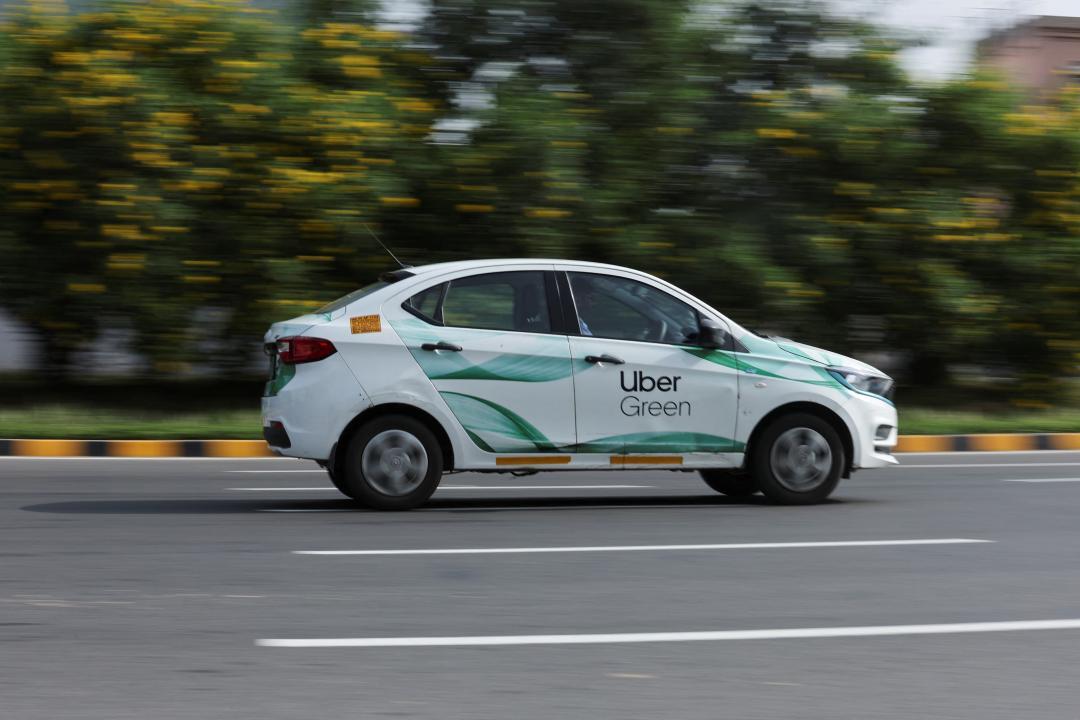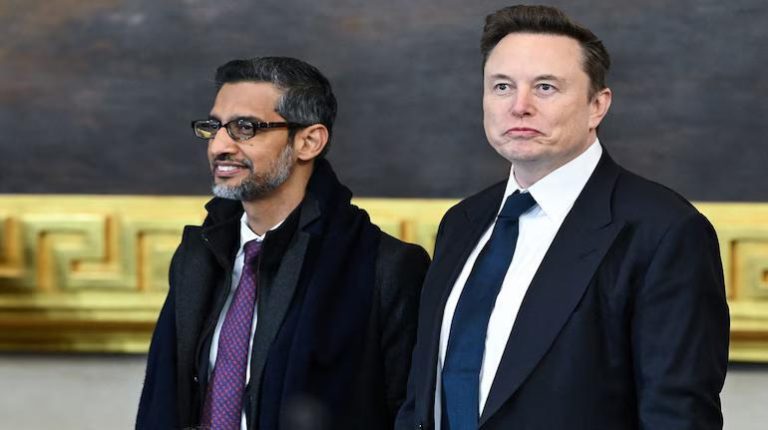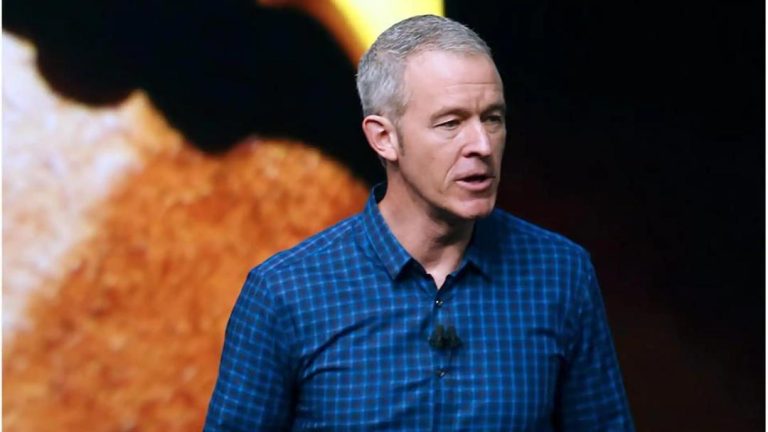
Why are Ola, Uber & Rapido drivers on indefinite strike in Mumbai?
The streets of Mumbai have been witnessing a wave of protests and strikes by cab drivers of popular ride-hailing services Ola, Uber, and Rapido. The drivers have gone on an indefinite strike, causing disruptions in the city’s transportation system. Passengers are now facing longer wait times and a scarcity of cabs on the road. But what’s behind this sudden strike?
According to reports, the drivers are seeking better pay and working conditions. They claim that after deducting aggregator commissions and fuel expenses, their actual income falls to just ₹8-12 per kilometre. This, they argue, is unsustainable amid rising fuel and maintenance expenses.
The strike began on a sunny Monday morning, with hundreds of drivers gathered at the Azad Maidan in south Mumbai. The protesters held placards and chanted slogans, demanding better wages and an end to the “exploitation” by the ride-hailing companies.
The drivers’ union, the Mumbai Krishna Nagar Taxi Chalak Sangh, has been demanding a hike in the commission rate to 10% from the current 15-20%. They also want the companies to bear the cost of vehicle insurance, maintenance, and registration. The union claims that the current commission rate is too high and leaves the drivers with very little to take home.
“We are not asking for the moon. We just want a reasonable income to take care of our families. The companies are making huge profits, but the drivers are struggling to make ends meet,” said Santosh Patil, a driver with Ola.
The drivers’ woes are not limited to the commission rate. They also face high fuel costs, which are eating into their profits. With petrol prices hovering around ₹100 per litre, the fuel expenses are significant. Add to that the maintenance and insurance costs, and the drivers are left with very little.
“The companies are making huge profits, but they are not sharing it with the drivers. We are the ones who are facing the brunt of the expenses,” said Vivek Desai, a driver with Rapido.
The strike has had a significant impact on the city’s transportation system. Passengers are facing longer wait times, and the number of cabs on the road has reduced significantly. The strike has also affected the daily commuters, who are struggling to get to work on time.
The ride-hailing companies have been trying to negotiate with the drivers, but so far, no agreement has been reached. Ola and Uber have offered to increase the commission rate to 12% and 15% respectively, but the drivers are demanding a higher rate.
Rapido, which is a smaller player in the market, has offered to increase the commission rate to 10% but has also asked the drivers to bear a part of the fuel costs.
The strike has also brought to the fore the issue of the working conditions of the drivers. The drivers are demanding better working conditions, including a fixed route, a fixed rate, and a fixed number of hours of work.
The strike is a wake-up call for the ride-hailing companies to look into the welfare of their drivers. The companies have been making huge profits, but they have not been sharing it with the drivers. The strike is a reminder that the drivers are the backbone of the industry, and their interests need to be taken care of.
As the strike continues, it remains to be seen whether the ride-hailing companies will buckle under the pressure or continue to resist the demands of the drivers. One thing is certain, however – the strike has brought the issue of the welfare of the drivers to the forefront, and it is only a matter of time before the companies are forced to take notice.
News Source: https://www.ndtv.com/india-news/why-are-uber-ola-and-rapido-drivers-on-indefinite-strike-in-mumbai-8905176/amp/1



